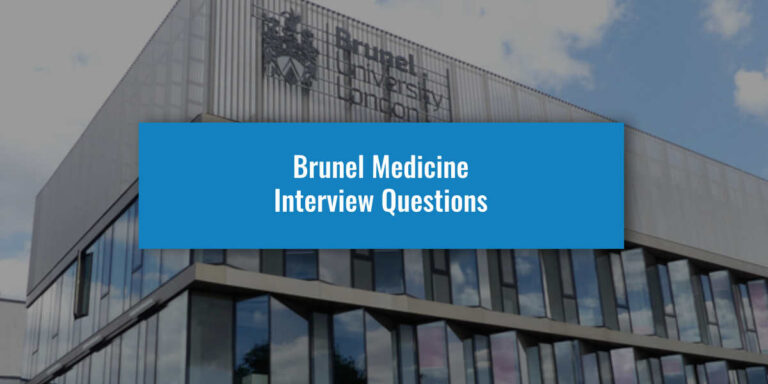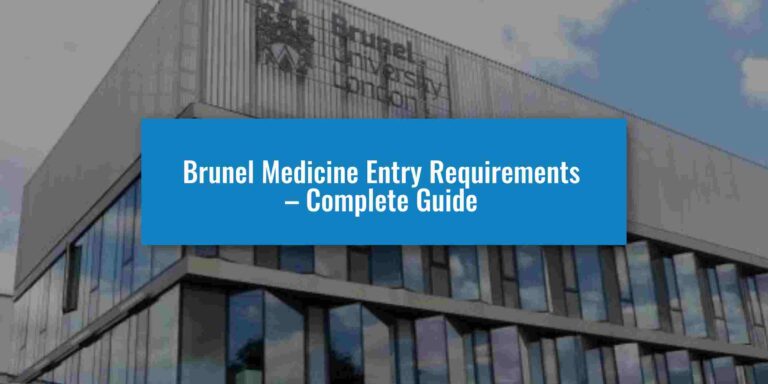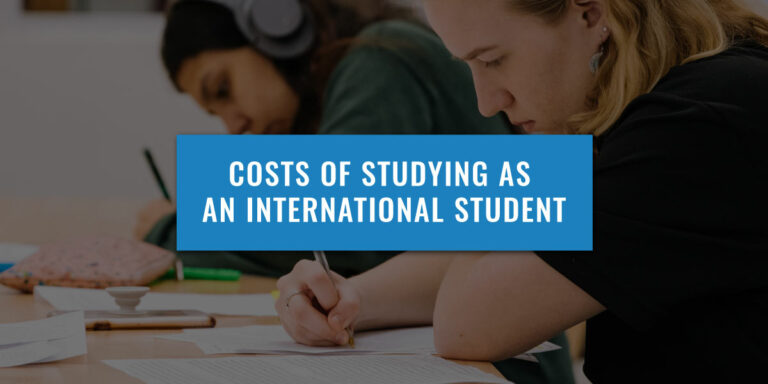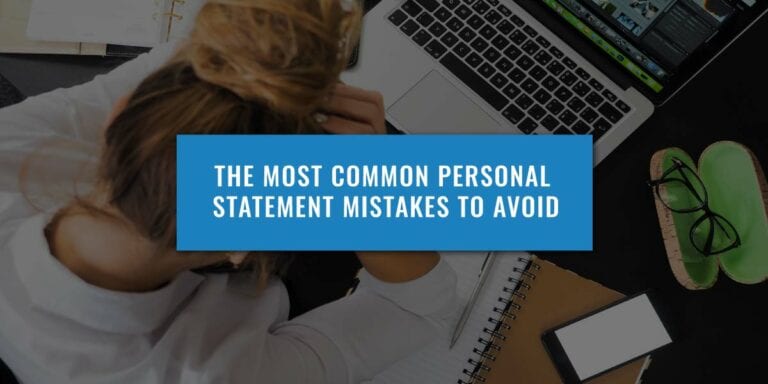This is Sam’s experience of a Emmanuel College Cambridge history interview in 2014 – if you’re applying for History at Cambridge then this will be a great indicator to what you need to think about when it comes to your history interview.
I had two separate Emmanuel College Cambridge history interviews, each with two fellows of the college, in early December. The atmosphere was quite casual – everyone in smart-casual clothing, most of the fellows tried to make me feel at home. I can’t remember how long they lasted (it was a bit of a blur at the time) but probably no more than 25 minutes each.
Because I’m from Manchester, I’d had to come down the night before on the train, and they’d put me up in some first-year accommodation. I was being interviewed in the early afternoon: they had turned one of the buildings on the outskirts of the college into a waiting room for the interviewees, but I lost my nerve and found I couldn’t stay there, so instead I spent the morning on a bench in the Grand Arcade going over my essays and fretting. I returned to the waiting room about an hour before the interview.
In the first interview, they asked me about my personal statement and the two school essays I had sent to them beforehand. We whirled through all of the questions in double-quick time. Mostly, they were concerned with dissecting the arguments I had made in those essays, and pushing me to defend what I had claimed.
One of the fellows quizzed me quite closely on my shorter essay – it turns out it was written on his specialist topic, which was a little unfortunate. In the second, they asked me about a journal article they had sent me a few weeks previously, on the topic of transnational history. They wanted to know what I made of its argument and were encouraging when I remembered very specific details.
In retrospect, I’m not sure exactly what I was expecting from my Emmanuel College Cambridge history interview. I’m sure people do get asked those odd questions about working out the diameter of a tree, or whatever else it might be, but I didn’t really have anything very left-field.
At one point one of the fellows asked me a straightforward factual question, I guess out of interest in the topic. Assuming it must be a trick, I launched into an analysis of the economic and political context of the ascent of Maria Theresa to the Habsburg throne, only to be stopped and asked – ‘So after this comes the War of the Austrian Succession?’.
My school organised one mock interview with our Head of Sixth Form, who had read History at Oxford some 40 years earlier. By the look on his face at the end of the interview, it was obvious he thought I didn’t stand a chance. It wasn’t very encouraging.
I had a second mock interview with another very former Oxford graduate at another school, which went a bit better. Getting mock interview practice is important – there’s nothing in the world that can compare with the interview, but you need to practice sitting down and answering questions, training yourself to think under pressure.
Spending time before the interview just thinking is important. They want to see that you have the ability and the inclination to spend time thinking about your subject and coming up with creative and original ideas. The universities want to teach people they will find it rewarding to teach – show them that you will use the opportunity.
Don’t try to force yourself to stay calm – no-one expects you to be calm. Remember that the fellows have plenty of experience doing this, that they know what they want, and that they can see through your nerves.
If you can, remember that this is a chance to talk about the subject you love with renowned experts in the field for an hour or so. Ignore the cocky kids in the waiting room; most of them won’t get in. And don’t try to evaluate your performance afterwards, because you’re almost certainly wrong.
Read, a lot. It doesn’t matter what you read: you need to have a hinterland, and in every case knowing a bit about literature or music will make you much better at history.
Use the time you have now to cultivate your passions, to spend the time doing the things you really love – the time really does pass much quicker than you can imagine.






